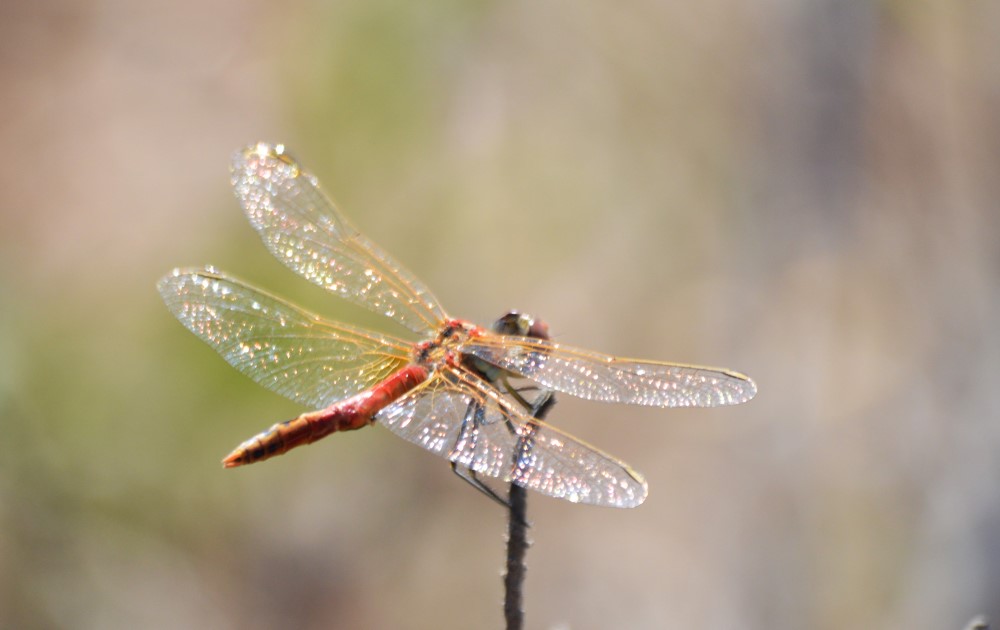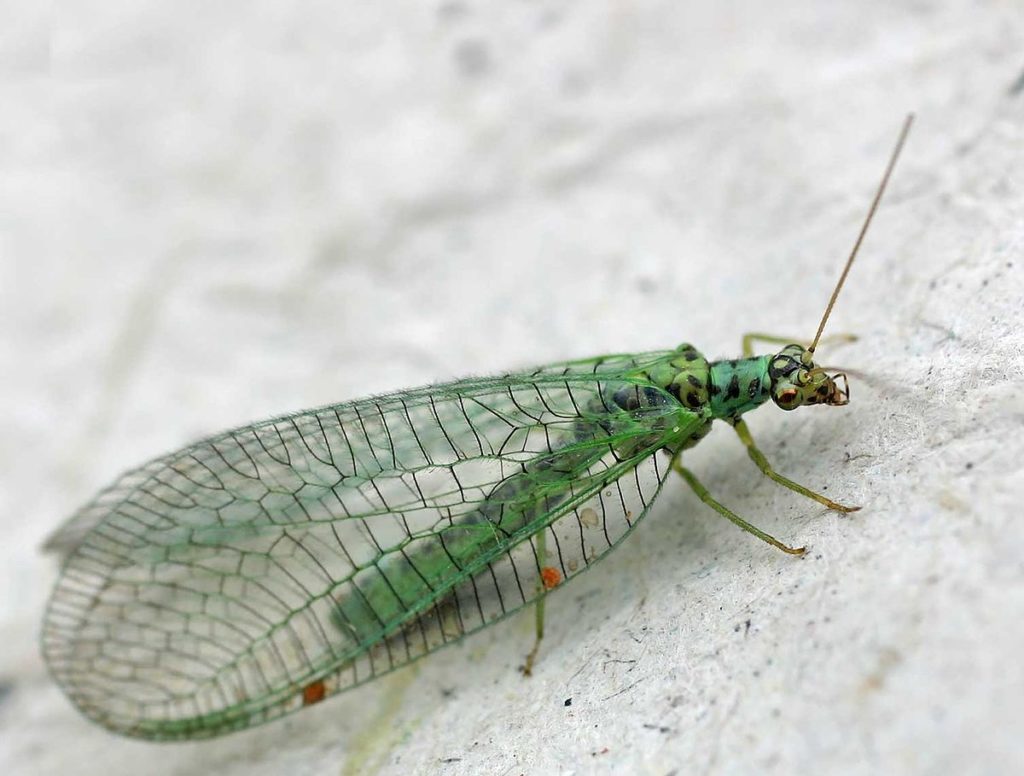Several scientific studies have shown that the abundance and diversity of insects is drastically decreasing worldwide. This decline has its origins in human action – causing the loss and fragmentation of habitats, the introduction of invasive species and climate change, among others – and constitutes a serious threat that humanity must urgently face.
Given the urgency of taking action, an international team of investigators, which are part of Paulo Borges e Antonio Onofre Soares do Center for Ecology, Evolution and Environmental Change – cE3c, at the University of the Azores, calls on the governments of each country to immediately implement various measures to curb the decline of insects.
Immediately and significantly reduce the emission of greenhouse gases, gradually eliminate the use of pesticides and synthetic fertilizers, replacing them with ecological measures, and reduce light and noise pollution are some of the recommendations.
“It is urgent to maintain the diversity of the landscape, build ecological corridors and prevent the proliferation of invasive species that alter habitats. With climate change it is also necessary to redesign many protected areas. Finally, it is necessary to keep monitoring the abundance and diversity of insects in natural areas and in agricultural and forest ecosystems”, explains Paulo Borges.
These measures are part of a roadmap that also proposes medium and long term measures. Among these measures are the bet on more research to understand the contribution of different factors of human origin in the decline of insects; the analysis of data already existing in private insect collections and in museums and universities; and, in the long term, the launch of public-private partnerships and sustainable financing initiatives aimed at restoring, protecting and creating vital new habitats for insects.
“We need to act now. The evidence that already exists for some of the main causes of insect decline is sufficient to allow us to formulate immediate measures. And the results of the research that continues to be carried out, on lesser-known species and regions, will make it possible to modify and improve the measures already implemented, if necessary. But it is essential to act now, otherwise it may become too late”, concludes Paulo Borges.
This study is coordinated by Jeffrey Harvey, a researcher at the Dutch Institute of Ecology, involving an international team of more than 70 researchers.
Published article reference: Harvey, JA et al. (2020), International scientists formulate a roadmap for insect conservation and recovery. Nature Ecology and Evolution. https://doi.org/10.1038/s41559-019-1079-8




















Comments